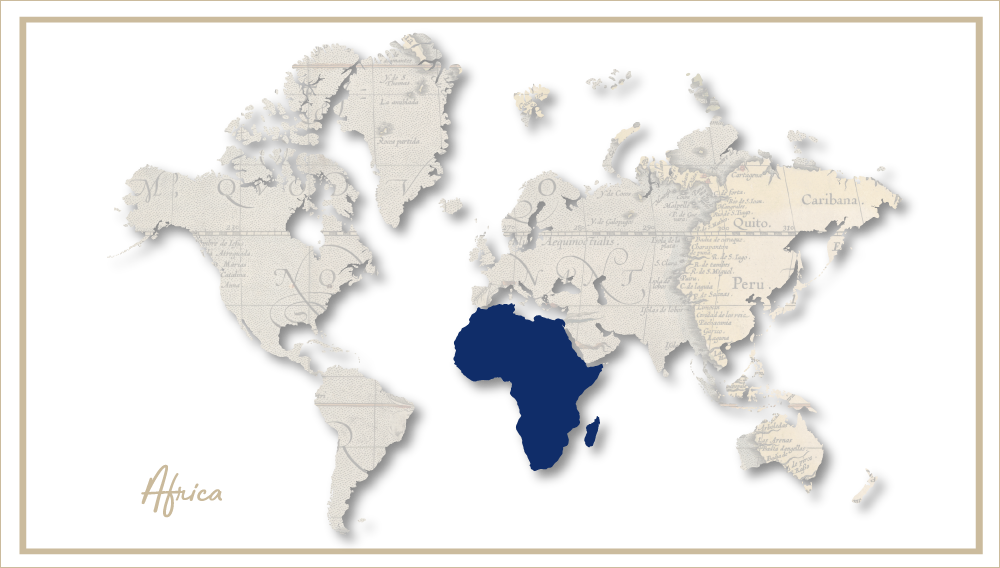Hyatt and dry
The Egyptian Tourist Federation has announced it will shortly strip the Hyatt hotel of its five-star status, following the decision by its renegade Saudi owner to ban the sale of alcohol on its premises.
The Hyatt’s pub has been dry since May, when staff at the Grand Hyatt hotel complex, which houses the pub, were ordered to empty every bottle of booze on the premises into the Nile. Cases of the finest cognac and champagne in the region were among the casualties, with local press reports suggesting that up to USD 1 million worth of alcohol was washed away.
The man behind the move is the hotel’s owner, Saudi sheikh Abdel Aziz Ibrahim, who has decided to make all of his business interests alcohol-free. Now, the sheikh is locked in a three-way tussle with the Global Hyatt Corporation and the Egyptian tourist authorities, a skirmish that reveals much about the religious and cultural dilemmas facing modern Egypt.
The sheikh’s decision provoked a furore when it became public, dividing opinion within a society that has become ostentatiously more religious in recent decades.
It was reported that newspaper columnists condemned the move as a betrayal of Cairo’s reputation as a freewheeling capital of liberal tolerance, warning that the removal of alcohol from luxury hotels could have a catastrophic effect on Egypt’s vital tourist industry.
Supporters of the sheikh insisted that foreign visitors must respect Muslim cultural norms.
The Egyptian Tourist Federation has announced it will shortly strip the hotel of its five-star status. That was supposed to have happened on 2 July 2008 already.
Apparently, the international Hyatt group, which manages the hotel, has been in furious negotiations with the sheikh. The issue has brought to the surface the simmering resentment held by many Cairenes against oil-rich Gulf Arabs who pour into their city each summer and are buying up swaths of the Egyptian entertainment sector.
Many forms of entertainment, from film studios to belly-dancers, have been snapped up by petrodollars and although the Saudi investment provides a much-needed injection of cash into the ailing Egyptian economy, critics fear that the changing cultural landscape - dancers are now covering up and films are avoiding scenes of hugging or kissing - is being used as a vehicle to spread the strict form of Wahhabi Islam prevalent in the Gulf.
Fortunately, at the Grand Hyatt, tourists can still enjoy a drink at the Hard Rock Café. The Hard Rock Café, which is separately owned and thus not under the sheikh’s jurisdiction, has seen its business boom since May.

